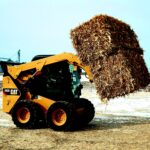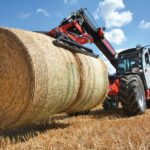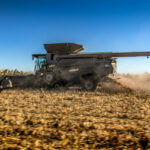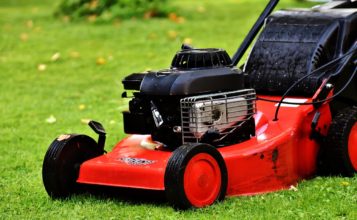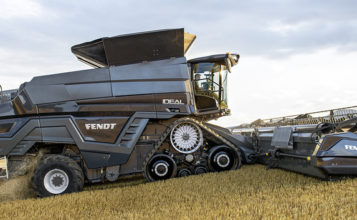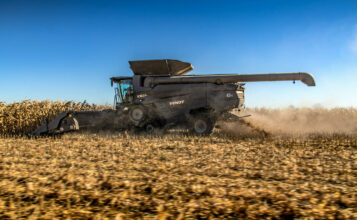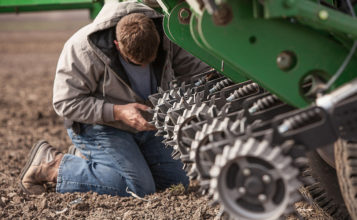Dairy Farming: 5 Types of Necessary Equipment
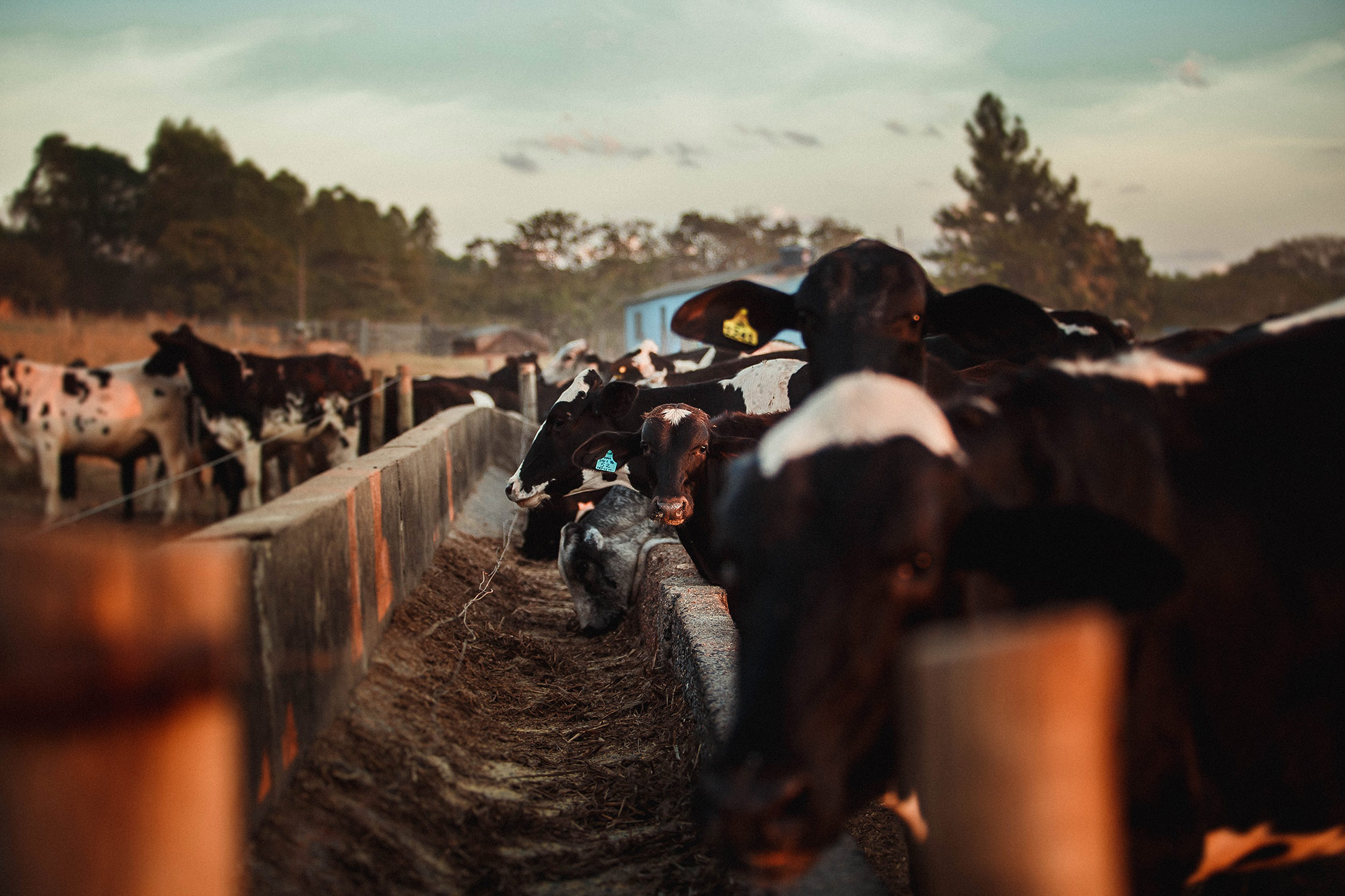
If you are a dairy farmer, whether you have 2 cows or 2,000 goats, you will definitely want to make sure you have these 5 dairy farm machines—yes, even if you milk by hand.
Let’s take a look at each piece of equipment and talk about what it does and how it will help you on your farm.
TRACTOR(S)
Every dairy farm needs a farm tractor (or several!). From feeding livestock to hauling manure, a tractor is multipurpose and essential. The nice thing about tractors is that they come with several versatile attachments.
For instance, you can get a farm tractor with loader attachments to move around pallets of hay. Or loader buckets to clean out stalls. The possibilities are as endless as your imagination.
If you have more than 50 cows or are growing your own hay to feed your livestock, chances are that you are going to need more than one tractor. Additionally, you will need your equipment to be in more than one place or used for multiple purposes.
When considering how many tractors you need, think about things like:
- How many functions can my tractor perform?
- What is the cost of operating a tractor?
- If I need a tractor to do one specific job and nothing else, would it be worth it to hire a contractor instead?
In researching for this post, we found a really helpful article about how many tractors are needed for dairy farms. So as you think through your needs and your staff and your equipment, keep in mind ways that you can improve the efficiency of your farm. One of the best ways to do this is to put your tractors to work for you.
New Tractors:
A new tractor may be just the thing you need. They come with the latest, most up-to-date technology, and they usually are under warranty for a while.
New tractors will sometimes last you for decades, and you can almost always find someone willing to do the maintenance on them, if that is beyond your expertise. Binkley & Hurst carries all the best-known brands in tractors, from Agco to Willmar.
Used Tractors:
A used tractor is a great way to save money. Plus if you get one that has been well-maintained, it can be vouched for by the previous owner, and many used tractors can last you several years. Check out Binkley & Hurst’s excellent selection of used tractors any time!
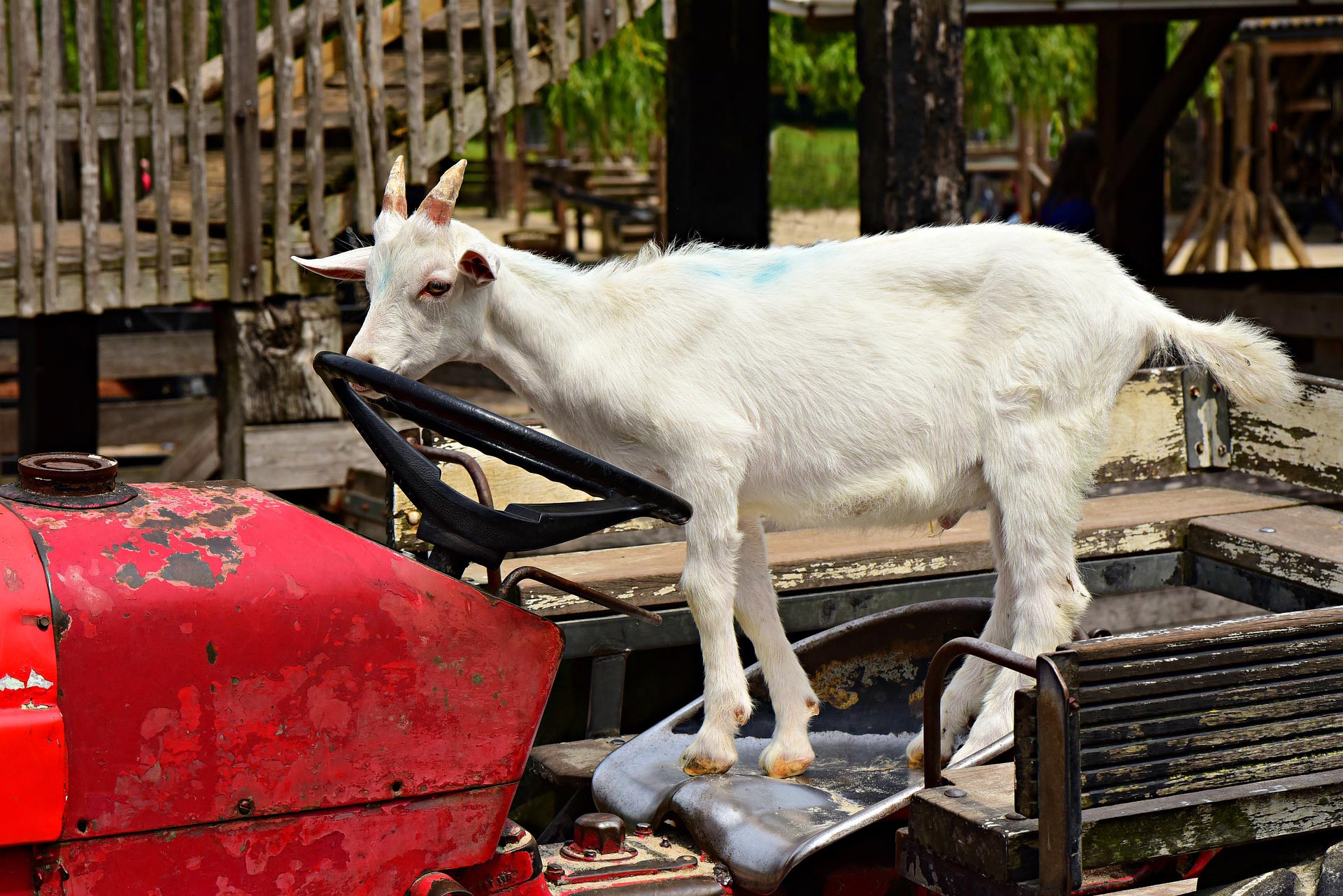
SEPARATOR
Cream is separated from the milk using a process called separating. Back in the days when farmers milked cows by hand and processed the milk themselves, milk separating was done by hand or a manual crank machine.
Nowadays, however, this is done in larger quantities by dairy machinery that is electronic and automated. Usually, centrifugal pumps are used to separate the different products, which are then proceed, packaged, and sold separately.
HOMOGENIZER
Homogenization breaks up far molecules into teeny tiny pieces so that the milk doesn’t separate. The more milk is homogenized, the less fat it has in it, and the less likely it is to separate. Homogenization as a process makes the taste and texture of milk consistent.
Homogenization machines are a type of dairy farm equipment that come in all sizes, and can process a few gallons on small farms, to 10’s of 1000’s of gallons on large farms. To find out which size works for you, contact Binkley & Hurst today.
PASTEURIZER
Pasteurization is the process whereby milk is treated with heat to kill the bacteria that lessen its shelf life. Pasteurized milk lasts longer, which means it can be sold farther away from its origin, and most milk sold on the shelves of mainstream grocery stores has to meet certain pasteurization standards to be offered to the public.
Pasteurizing machines come in all sizes, able to process a few liters or a few hundred liters of milk at a time. Determine what size you need by considering your farm’s milk output and your customer’s needs. To talk to an expert, contact Binkley & Hurst any time online.
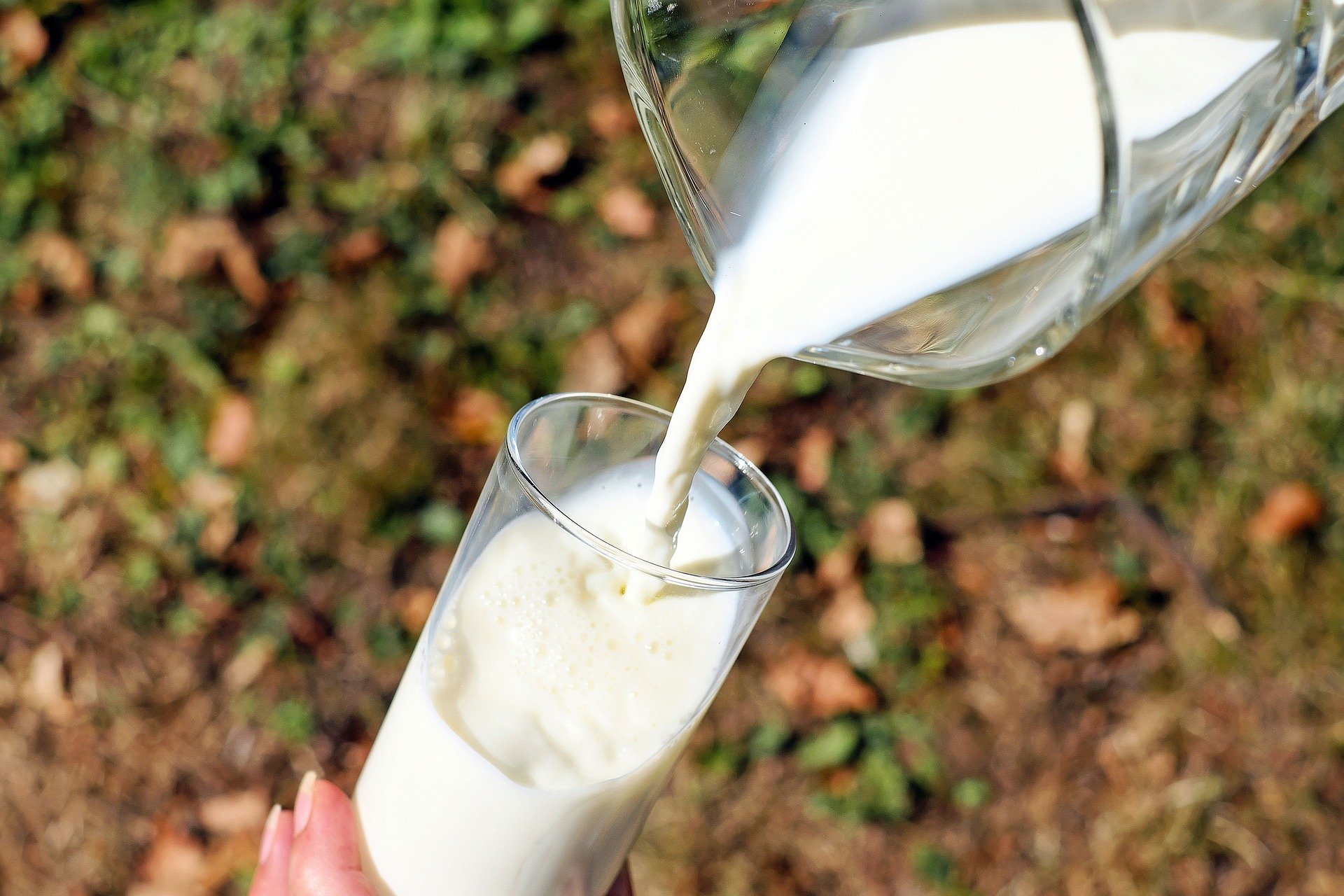
TANK
Homogenization and pasteurization both heat the milk in order to treat it. After it is proceed, you need a place to store the milk and let it cool down. A milk tank is essential, as you can’t just put the treated milk straight into jars.
Some farmers own their milk tanks, and some rent them from local dairy plants. Either way, make sure yours is in good condition and reliable. If you have a lot of milk (think thousands of gallons), you can put it straight into the milk tank on a semi-truck!
CONCLUSION
At Binkley & Hurst, we have all the large and small dairy farm equipment you’ll need—you supply the livestock! Did we miss anything in this list? Let us know in the comments.
Fill out the form below to request more information about how we can help you with dairy farming equipment. We look forward to hearing from you!

